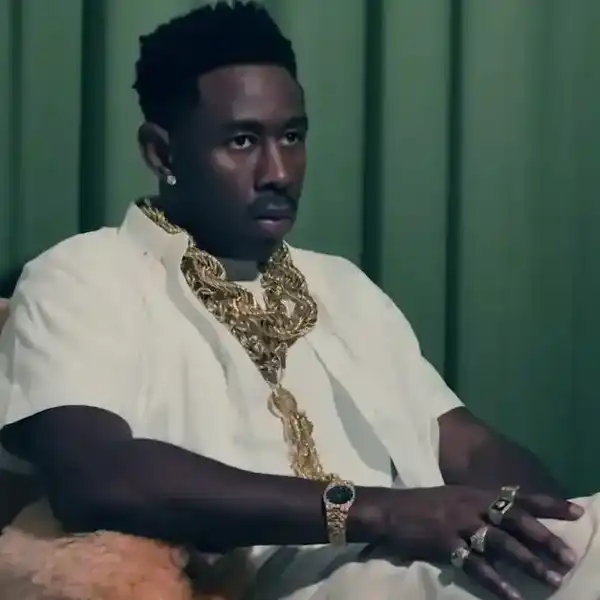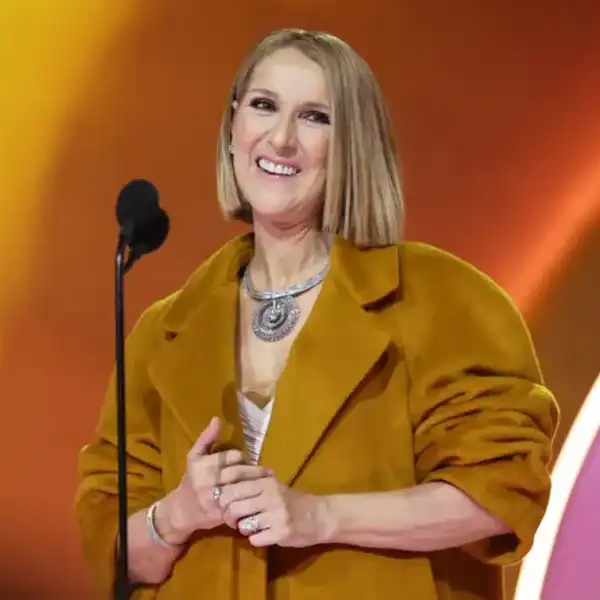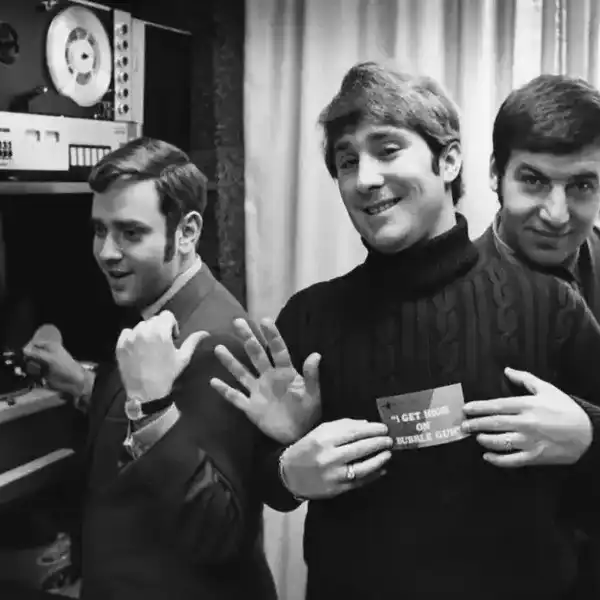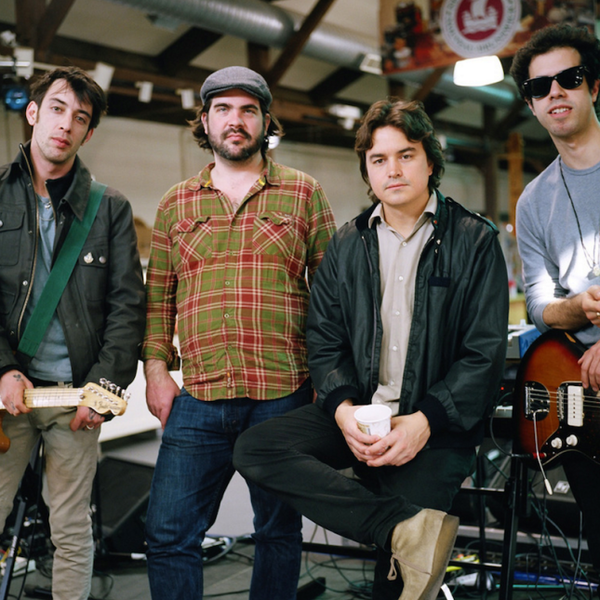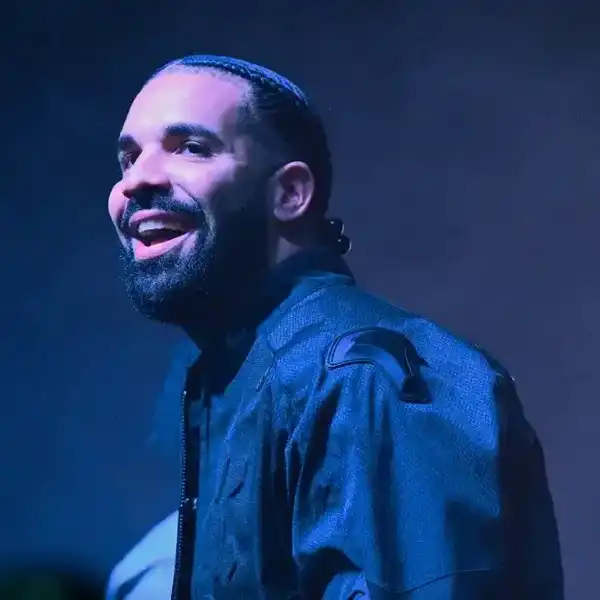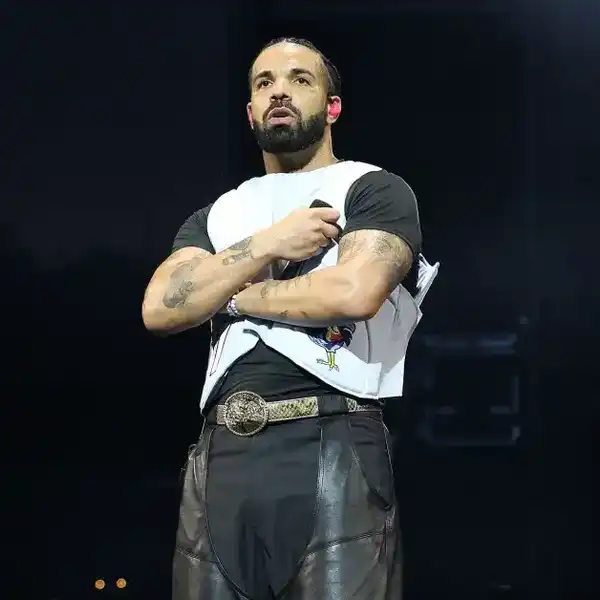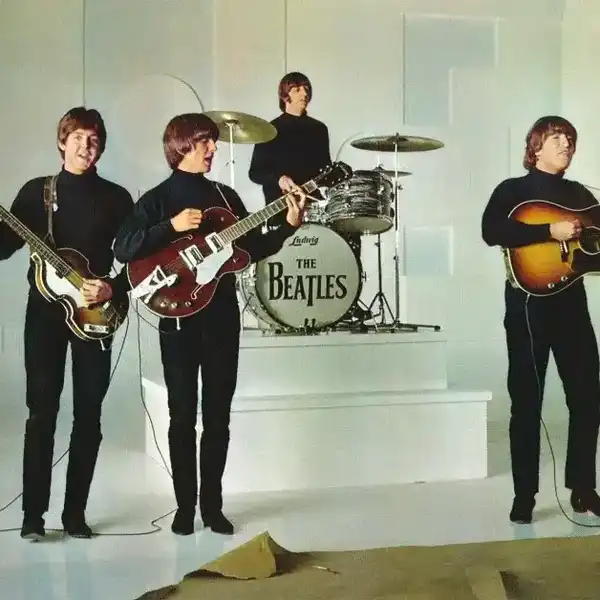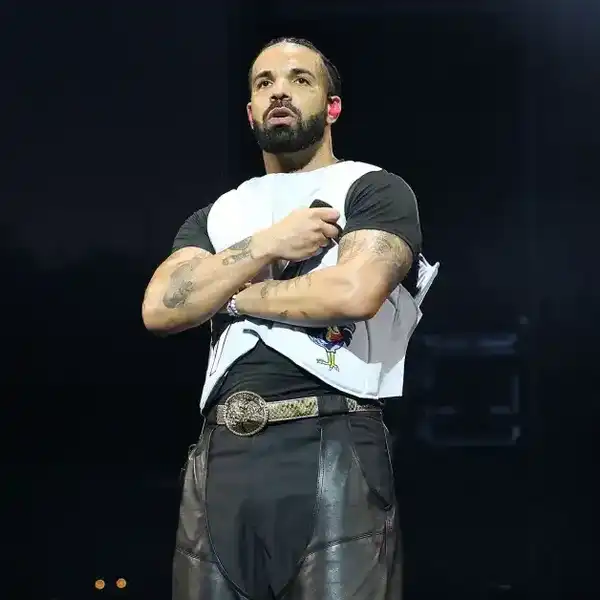Can Pablo Rodriguez's Return Fix Heritage Portfolio Crises?
With an annual budget of $3.89 billion to spend on supporting local festivals, community cultural events, theatres, festivals, books, films, music and a vast framework of Canadian cultural interest

By David Farrell
With an annual budget of $3.89 billion to spend on supporting local festivals, community cultural events, theatres, festivals, books, films, music and a vast framework of Canadian cultural interests that include the CBC, one would think that being appointed Minister of Canadian Heritage would be a plum job, but for the 10 ministers that have held the portfolio in the past two-plus decades it has been an executive post booby-trapped with political dynamite that has left few of the 10 without a feeling of impotency and more than a few with mud on their faces.
James Moore is the longest-serving minister in the portfolio in the past two decades, serving under PM Stephen Harper. In his almost five years holding the portfolio he was successful in reining in excessive executive spending at the CBC and engineering Bill S-4, also known as the Digital Privacy Act that modernized online privacy laws, including the Personal Information Protection and Electronic Documents Act (PIPEDA) and creating a framework for expanding internet connectivity to remote communities and computers for a schools’ program.
Skip a beat and the Liberals returned to power with Mélanie Joly, a rising star with close ties to newly elected PM Justin Trudeau. Her position as Heritage Minister lasted 20 months, most of that time spent travelling around the world to formulate a policy to protect Canada’s regulated broadcasters from foreign invaders such as Netflix that neither collected a sales tax nor contributed to government prescribed Maple content funds. She tripped and fell from grace when she joyously announced a deal whereby Netflix would contribute to Canadian content development, but the agreement was exposed as a handshake deal with the streamer only pledging to spend $500 million on original homegrown content and a promise to spend $25 million to develop French-language content
Next up was Pablo Rodriguez, tasked with continuing implementation of Joly’s Creative Canada policy framework, and defining what corporate taxes foreign multinational media companies operating in Canada must pay (aka the ‘Netflix tax’).
Rodriguez would also be responsible for taking over the Canadian Heritage ministry’s review of the Broadcasting Act, Radiocommunications Act and Telecommunications Act that remains an unfinished task, as too the quagmire of copyright reform. Seen as a consensus builder, politically savvy and engaging, his political capital was seen by the PM as better served as Government House Leader, and he was replaced by Steven Guilbeault who held the portfolio for just under a year. Earlier this year, he introduced a bill (C-10) to amend the Broadcasting Act, to modernize the legislation to include online broadcasting services. The proposed amendment earned widespread criticism with concerns that it could be used to limit freedom of speech or expression on social media.
In Tuesday’s cabinet shuffle, Rodriguez is back as Minister for Canadian Heritage. He has inherited a minefield, but his Quebecois background and obvious political savvy and charisma suggest he just might be able to cobble together new policies that don’t ring alarm bells or raise challenges from global tech firms that, like it or not, wield considerable political and financial influence in this connected world.
It's a tall order but if there is anyone in Trudeau's cabinet who can find consensus amongst conflicting self-interests he is likely the person best suited to the job. Various Canadian governments have talked the talk about a comprehensive digital strategy and ended up in nowheresville. Pablo's job is to move us into the 21st century knowing that we are already two decades in.
Supplementary reading
Pablo Rodriguez rides to the rescue of Canadian Heritage – again – Kate Taylor, The Globe and Mail.


